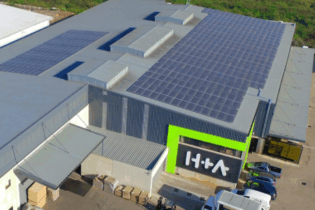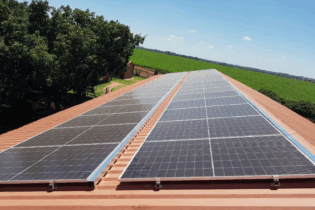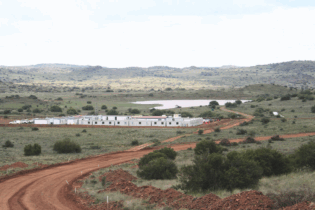
Paris Agreement on climate change places Africa at the fulcrum of renewable energy deployment, experts agree
The March 17-18 meeting on climate change and enhanced renewable energy deployment in East and Southern Africa was jointly convened by the African Development Bank (AfDB), the International Renewable Energy Agency (IRENA), the United Nations Economic Commission for Africa (ECA), and the United Nations Framework Convention on Climate Change (UNFCCC) Regional Collaboration Centres in Kampala.
The Addis Ababa meeting, the second of two such regional meetings that started in Dakar, Senegal, brought together experts from energy and environment ministries in the region as well as experts from UN and intergovernmental agencies.
Abdalla Hamdok, Chief Economist and Deputy Executive Secretary of the ECA, recalled that low-carbon energy systems are an integral part of the development paradigm for Africa because it chimes with Africa’s long-term development vision as defined by Agenda 2063.
“Fifty-three out of fifty-four African countries have now submitted their Intended Nationally Determined Contributions (INDCs), and all of these countries include renewable energy in one way or the other for their mitigation ambitions, and indeed adaptation in some cases,” he said.
“As far as renewable energy is concerned, the Paris agreement could indeed be the catalyst for a new investment engine to drive Africa’s structural transformation along a low-carbon pathway.”
Implementation is key
Angela Churie Kallhauge, Senior Programme Officer, Climate Change, IRENA, said that the focus now should be on moving forward with implementation.
She underscored the need to strengthen the dialogue and cooperation between energy and climate change experts to examine and consider how to chart out the implementation of renewable energy elements of the INDCs in a manner consistent with national priorities, policies and programmes.
She noted that renewables hold promise for ambitious climate action, noting their contribution to both low carbon and climate resilient development.
Most of the countries invited presented key aspects of their NDCs, focusing on the need for a judicious deployment of renewable energy.








